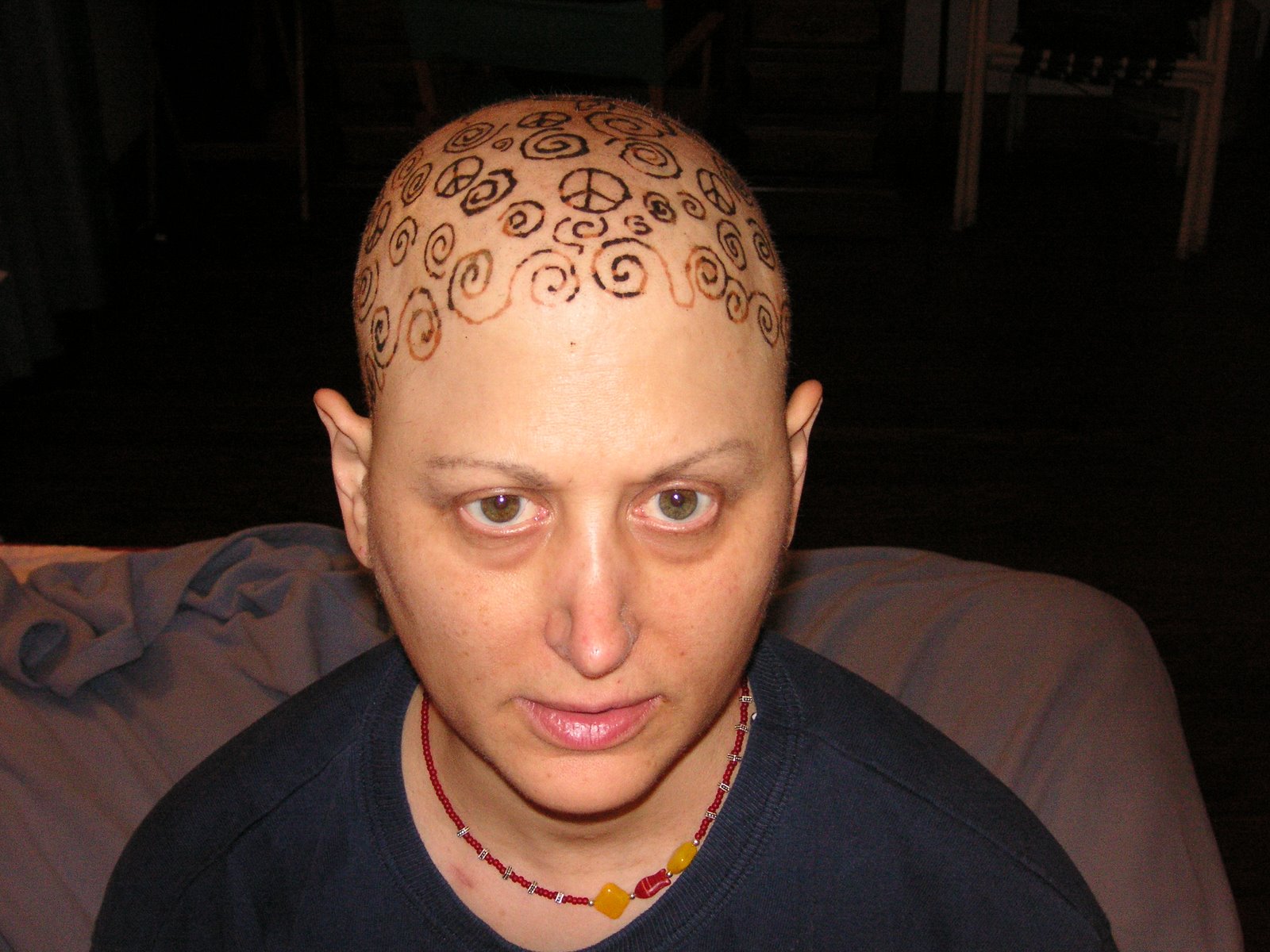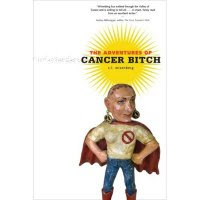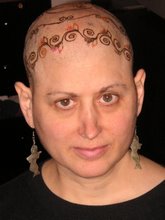Tuesday I lay in bed in my nightgown until 7pm, resting and reading Saving the World by Julia Alvarez, which is an interesting but flawed novel. It is made of two stories--one about the life of a Julia Alvarez-type (her age, her background) writer, and the other about the adventures of a a 19th century Spanish orphanage director who helps spread smallpox vaccines in the New World. The writer, we're told, loves in different ways her husband (romantic) and an elderly neighbor (platonic), who is dying, but I didn't feel the love in either relationship. I did feel it in the historical story. And though the novel's shape is fine, you can see too easily the gears of the plot. Certain plot elements seemed to have been dropped in from above. I bought the book Monday night in my neighborhood used book store, Bookworks. I'd read mixed reviews, and I can see why. I'd wanted to read it, though, because I have worked for 16 years, off and on, part of the time in Berkeley, on a book about a performance artist who is researching a certain legend from the Holocaust. The book has taken on many forms, all of them unfinished, even though two sections of it were published. I never felt comfortable recreating scenes from the past, as Alvarez has done. I can't seem to inhabit it enough, or to be confident enough to be able to recreate all the interiors and carriages and streetscapes of the past. I wrote an essay in Berkely in 2005 that uses some of my research. It's going to be published soon. The trouble with using all the research to create fiction is that I want to keep my distance, or rather, I can't help keeping my distance. In the essay, I can swoop into the past, but briefly, and always aware of my swooping. Which is why my friend Miz P said to me, about seven years ago, You're a nonfiction writer. So I thought that was the answer. Then.
I got dressed Tuesday finally to go to dinner at B and S's house. Our friend L the II was visiting from Australia. He says typical Australian humor is poking fun at your mates. So I was more audacious than usual about insulting people who were there and at one point S and I laughed until I was teary-eyed. Later she touched up my fading henna. Besides the half-block excursion to dinner, I didn't leave the house all day. I didn't walk my three miles. I didn't go to the immigration rally downtown. I felt guilty but I didn't feel like going and I would only be going so that I could say I'd gone if anyone asked me. I made excuses to myself: my stomach has been upset for a few days, I need to rest, I HAVE CANCER. I don't know how effective it is to use the cancer card with yourself. I needed L to tell me that I should rest when I feel like it and he did. I want to be in favor of everything the rally was in favor of, but I don't honestly know where I stand on immigration. I suppose deep down I believe everyone should be able to live anywhere, but the earth would tilt because so many people would come to the US and Europe. I do believe the US has some responsibility for the economy of Mexico, but I don't believe, as I heard Rev. Slim Coleman say on Friday, that the US is responsible for the factors that pushed Elvira Arellano, the illegal immigrant who has found sanctuary in his church, to come here. The US, he said, devalued the peso and dumped cheap corn on Mexico's markets, driving down the price of corn in Mexico, which her family planted and sold. It can't all be the US's fault. But if I were to hear someone blaming everyone but the US, I would think the US was culpable. (Now that I read what Slim Coleman said, in my own words, it sounds reasonable.) I don't think it's right that Arellano is sending her eight-year-old son all around the country to make speeches. But maybe that's what he wants to do. Maybe he feels helpless otherwise and is proud to speak on behalf of his mother. As I said, I don't know where I stand in immigration--amnesty for more than 12 million, which would encourage millions more?--but I should stand somewhere.
skip to main |
skip to sidebar


taramosalata & other dips; photo by Vera Szabó

cream puffs, caprese; photo by Vera Szabó

Don't try this at home. Uh, oh, we did.

L the Haircutter in Background

Finished.

design by Jennifer Berman

At medicinal baths, with testimonials from patients
One Feminist's Report on Her Breast Cancer, Beginning with Semi-diagnosis and Continuing Beyond Chemo, w/ a side of polycythemia thrown in **You don't have to be Jewish to love Levy's rye bread, and you don't have to have cancer to read Cancer Bitch *** Cancer Bitch comes to you from S.L. (Sandi) Wisenberg in Chicago
Click on photo for Cancer Bitch reading/lecture schedule
Blog Archive
-
▼
2007
(192)
-
▼
May
(18)
- Lolita in Chicago
- Fancy O Fancy
- Post-Funeral
- The Blessing
- Funeral
- How Not to Be Intimidated
- Free Dinners & Free Dinners
- Foot, Horns, Feathers
- Cloak of Invisibility
- The Mothers
- The Watcher Watching Herself
- Cancer Bitch definitely on the air Thursday, May 10
- When the Obit is More Fun than the Front Page
- Bitches
- The Holter (Not Halter)
- Our Continent and Then Some
- At the Office of the County Assessor
- Barking, Berkeley, Hyde Park
-
▼
May
(18)
Cancer Bitch recommends these links:
- Alternet.org
- As the Tumor Turns
- Being Cancer--its on-line book club discusssed my book.
- Big Grrls DO Cry: queer life meets precarious life
- Black Gyrl Cancer Slayer
- Breast Cancer Action
- breastcancer.org
- Chemo Chicks
- Chronic (Illness) Babe
- Code Pink women's peace group
- Collaborative on Health and the Environment
- Colon cancer cowgirl
- Earth Henna
- Friends of Cancer Bitch on Facebook
- Funny Cancer shirts and mugs
- Gayle Sulik, Pink Ribbon Blues
- Geezer Sisters (tho' only written by one of them)
- Get Real About Breast Cancer (w/ pic of Breast Cancer Barbie)
- Gilda's Club
- Goodbye to Boobs (by a pre-vivor)
- Humerus Cartoons
- I got the cancer (lymphoma)
- Mamawhelming
- Organic Consumers Assn.
- Our Bodies, Our Blog
- Paula Kamen
- Planet Cancer
- Recovery on Water
- S.L. Wisenberg/Red Fish Studio
- Skin Deep: un/safe cosmetic list
- Stacey Richter's Land of Pain
- Swimming in the Trees: author Jessica Handler of Atlanta
- Tara Ison
- Terry Tempest Williams
- The Assertive Cancer Patient
- The Cancer Culture Chronicles
- The Fifty-Foot Blogger, another denizen of Fancy Hospital
- Whirled News--better than the Onion
- Women & Children First bookstore
NOTATE BENE
Everything here is as accurate as I could make it. Occasionally I've changed identifying details when writing about others.
Links to audio and video

from my Farewell to My Left Breast party

taramosalata & other dips; photo by Vera Szabó
Farewell to My Left Breast Party

cream puffs, caprese; photo by Vera Szabó
April 12, 2007--The Making of the Mohawk

Don't try this at home. Uh, oh, we did.
The Mohawk Profile

L the Haircutter in Background
The Mohawk Demure

Finished.
Summer henna-wear
design by Jennifer Berman
Life after cancer, Budapest, July 2009
At medicinal baths, with testimonials from patients

